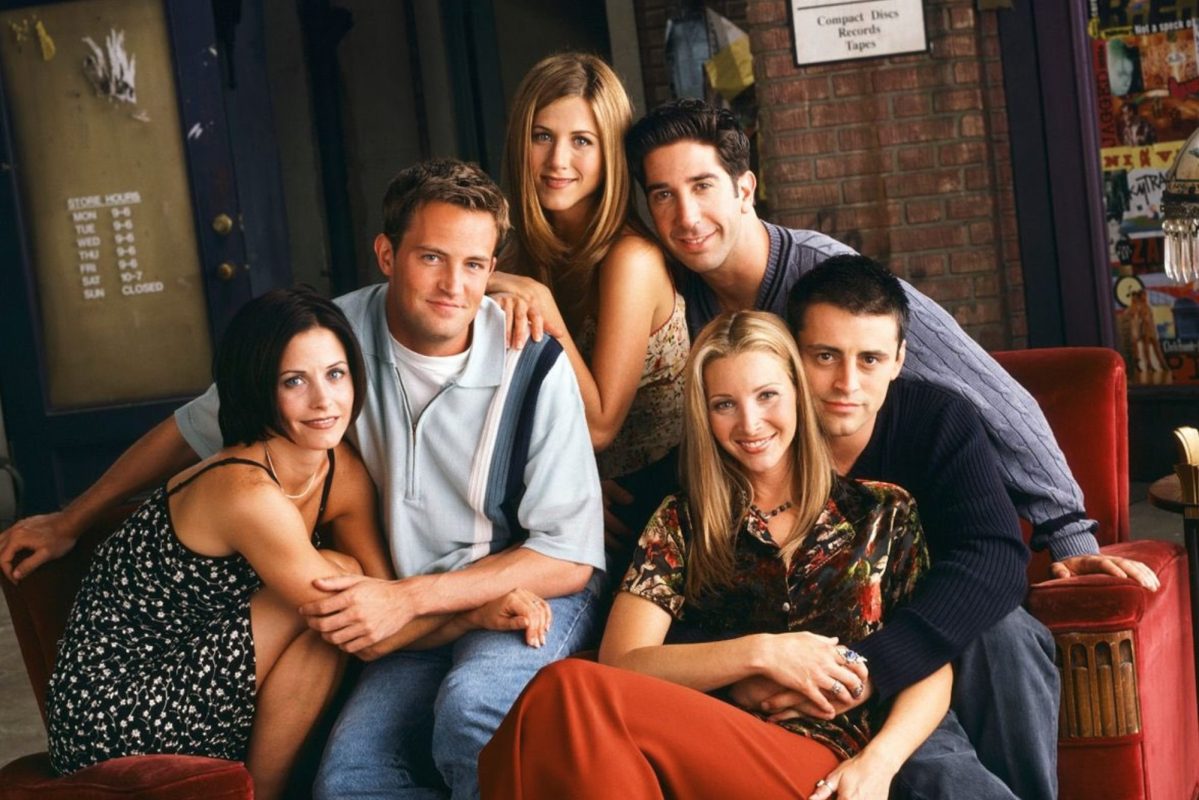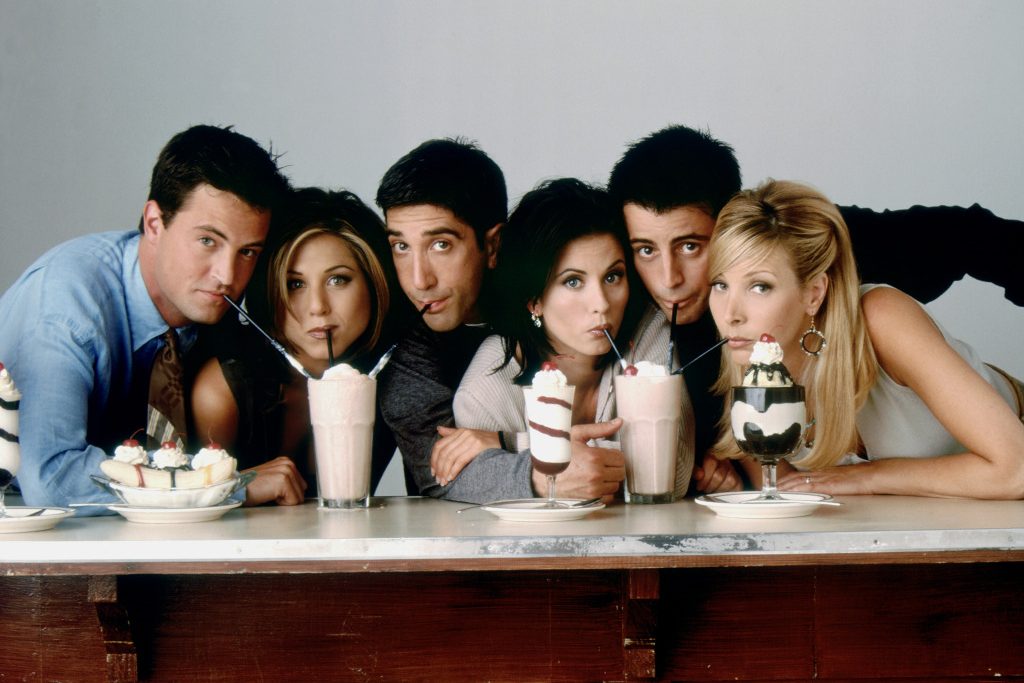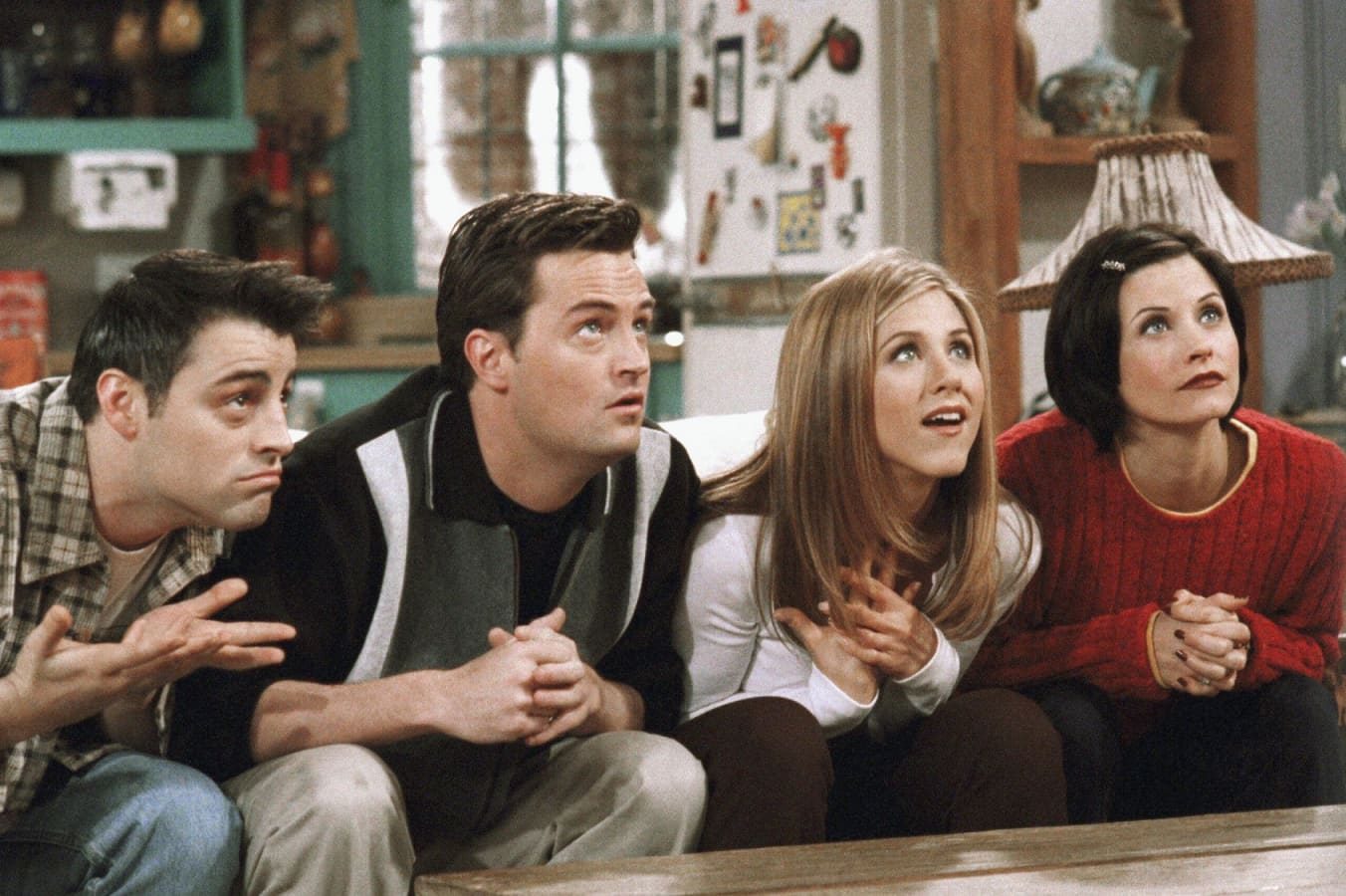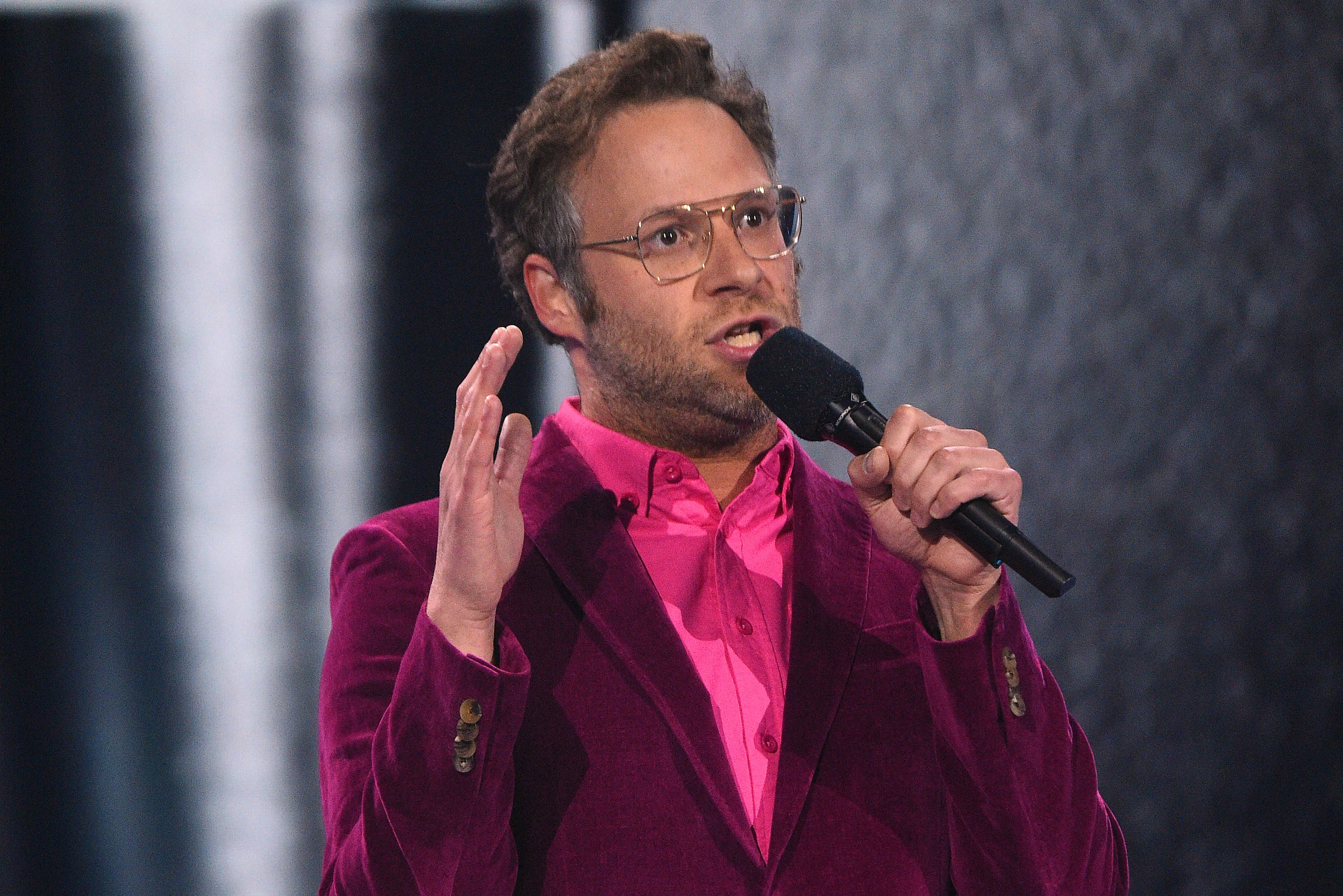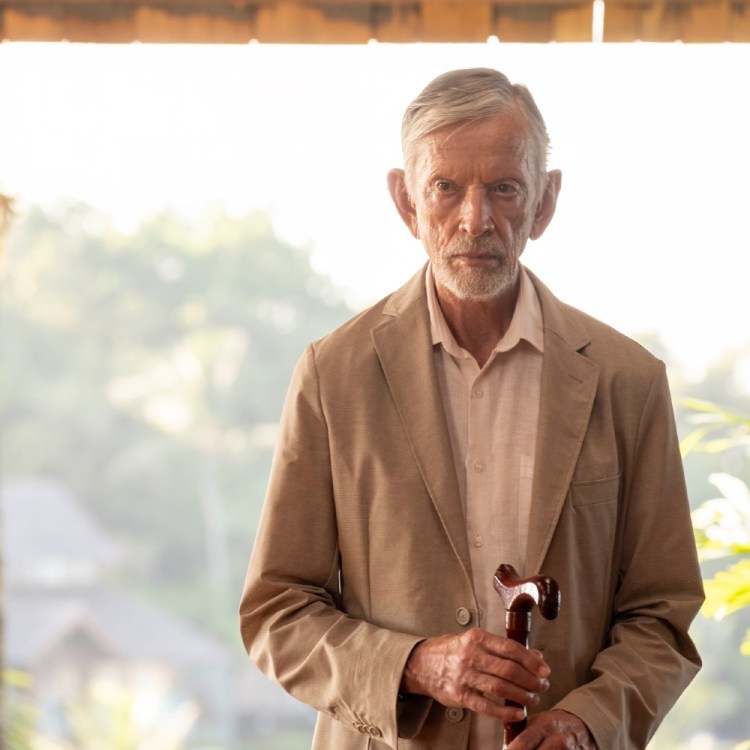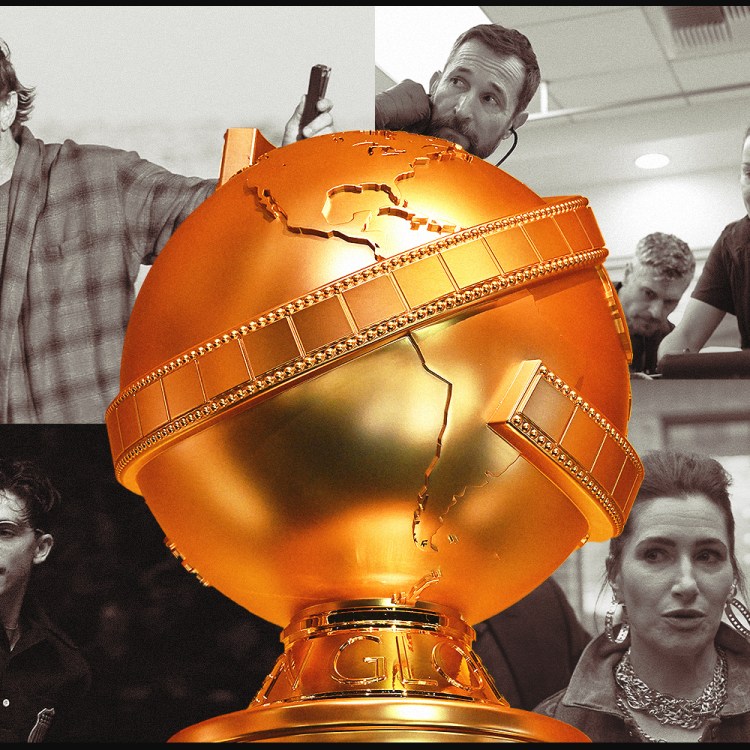There’s a lot about Friends that hasn’t exactly aged well, and one of the biggest criticisms of the show in recent years has been its lack of diversity. But in a new Hollywood Reporter interview pegged to HBO Max’s Friends reunion this week, executive producer Kevin Bright and creator Marta Kauffman defended their decision to cast all-white lead actors.
“For the parts of Chandler and Phoebe, we saw everybody and we picked what we thought with the two best actors,” Bright told the publication. “There are different priorities today and so much has changed. There was no social media when Friends was on the air. Can you imagine what every episode might have been like if it had to go under that scrutiny every week? You might not have gotten the whole series. It’s important for today’s shows to be reflective of the ways society truly is. But for our experience, the three of us, that may have been our experience when we were young and in New York. But we didn’t intend to have an all-white cast. That was not the goal, either. Obviously, the chemistry between these six actors speaks for itself.”
Kauffman stressed that she and Bright didn’t specifically intend to cast all-white actors in the roles of Monica, Chandler, Phoebe, Ross, Rachel and Joey, but that they simply cast the six people they thought would be best for the job.
“There are many things that I could say if I only knew then what I know now,” she said. “Back then, there was no conscious decision. We saw people of every race, religion, color. These were the six people we cast. So, it was certainly not conscious.” That said, she admitted that if she were making the show today, she likely would have gone out of her way to make sure it was a little more diverse.
“There are probably a hundred things I would have done differently,” she continued. “I’ve talked about it in the past and I do have very strong feelings about my participation in a system, but it comes down to I didn’t know what I didn’t know.”
Bright, on the other hand, is a little more defensive about the casting decisions than Kauffman, insisting that he’d do it the same way today.
“I don’t have any regrets other than hindsight,” he said. “I would have been insane not to hire those six actors. What can I say? I wish Lisa was Black? I’ve loved this cast. I loved the show and I loved the experience. I know Marta has a different feeling about it. I think it affects us all.” He also cited the show’s lesbian wedding episode from season two as an example of the show’s inclusivity: “When the show gets hammered about a lack of diversity, I like that episode also to be remembered as doing something that nobody else had done before: a lesbian wedding on television.”
It’s complicated, of course, but Kauffman’s reaction seems to be more reasonable than Bright’s for a number of reasons. It doesn’t feel right to cite the show’s lesbian wedding as proof of its inclusivity without also noting the numerous homophobic and transphobic jokes the show made during its run that have aged extremely poorly. And the criticisms over the show’s lack of diversity within its main cast can also be extended to the show as a whole. (Pretty sure we can count the number of non-white supporting characters on one hand.) There’s no use in getting defensive about it when — as Seth Rogen recently pointed out — it’s so easy to simply say, “Yes, there are aspects of my show that didn’t age well,” apologize and move on.
Thanks for reading InsideHook. Sign up for our daily newsletter and be in the know.
